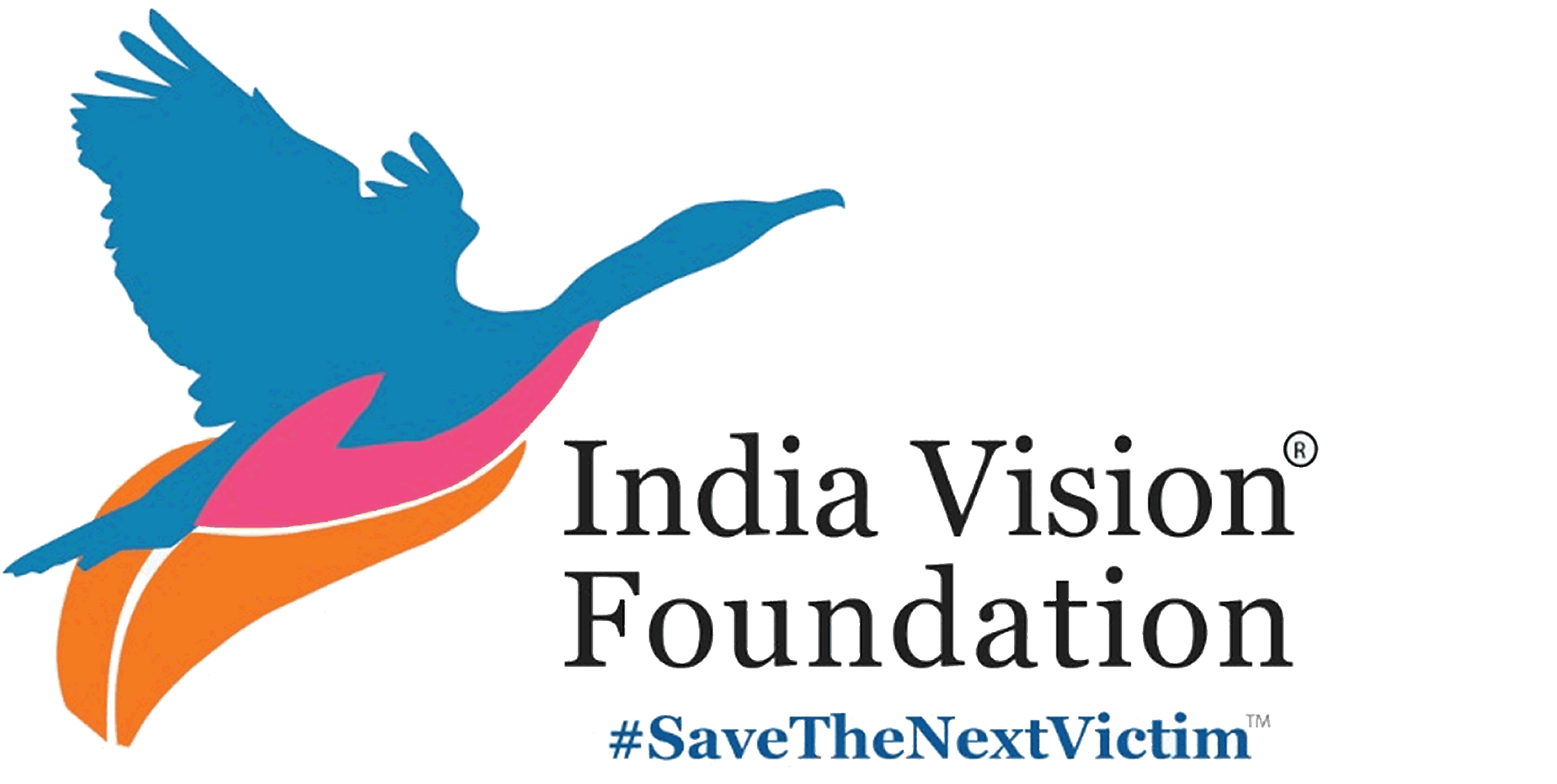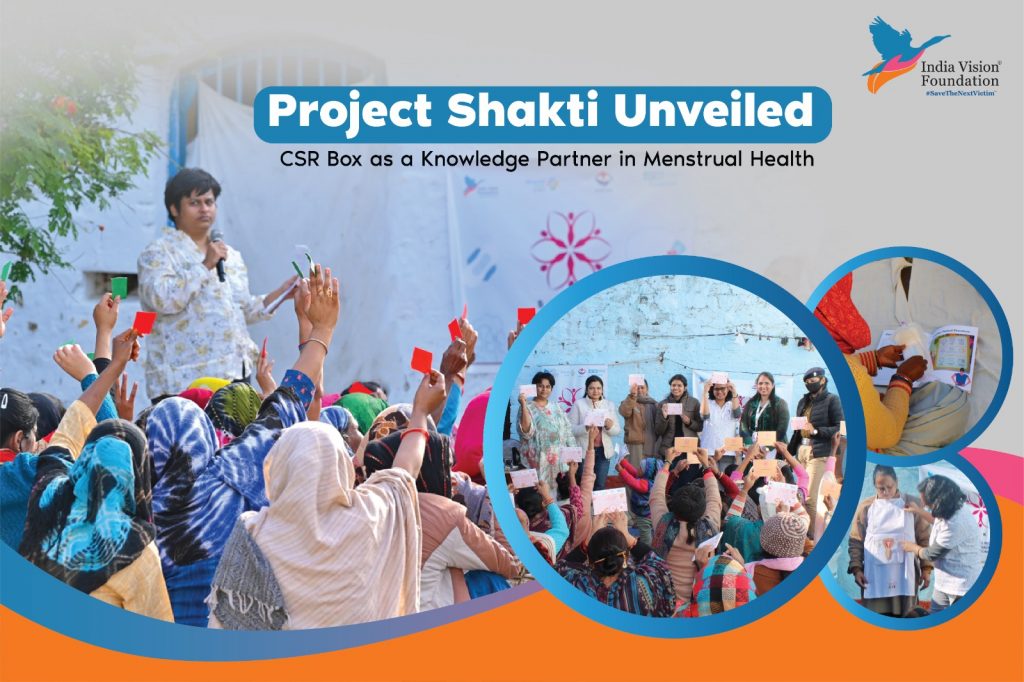Let’s Empower Women Behind Bars!
In the often-overlooked confines of correctional facilities, a silent struggle persists—one that affects the physical and mental well-being of female inmates. Menstrual health and hygiene are crucial aspects of a woman’s life, irrespective of her circumstances. Project Shakti emerges as a beacon of hope, aiming to break the silence and promote awareness about menstrual health among female inmates.
Here, we will explore the significance of Project Shakti Unveiled, its objectives, and the transformative impact it can have on the lives of women behind bars.
The Menstrual Taboo:
Menstruation, a natural and biological process, has been steeped in stigma and misconceptions throughout history. In correctional facilities, the situation exacerbates as the unique challenges faced by female inmates often lead to neglect of their menstrual health needs. The taboo surrounding menstruation further isolates these women, hindering their access to essential hygiene products and healthcare.
Project Shakti: A Ray of Empowerment:
Project Shakti is not just a program; it’s a movement designed to dismantle the barriers that prevent women in prison from managing their menstrual health with dignity. The initiative, driven by compassion and a commitment to human rights, seeks to provide education, resources, and support to female inmates, fostering an environment where they can embrace their femininity without shame.
Objectives of Project Shakti:
Education and Awareness: Project Shakti recognizes that knowledge is power. By conducting workshops and educational sessions within correctional facilities, the initiative aims to dispel myths surrounding menstruation, providing accurate information about menstrual health and hygiene. Through interactive sessions, inmates can learn about the importance of maintaining proper menstrual hygiene and its impact on their overall well-being.
Access to Menstrual Products: In many correctional facilities, the availability of menstrual products is limited, leading to unhygienic practices and discomfort for female inmates. Project Shakti strives to bridge this gap by ensuring a consistent and sufficient supply of sanitary products. Access to these essentials not only promotes physical well-being but also restores a sense of dignity to the women who often feel forgotten by society.
Healthcare Support: Menstrual health is intertwined with overall well-being. Project Shakti collaborates with healthcare professionals to provide regular check-ups and medical support for female inmates. By addressing underlying health issues and offering personalized care, the initiative contributes to a healthier and more resilient community within correctional facilities.
Skill Development and Employment Opportunities: Beyond menstrual health, Project Shakti Unveiled recognizes the importance of empowering women with skills that can facilitate their reintegration into society. Workshops on skill development and training programs open up avenues for employment, enabling these women to build a future beyond the bars.

Impact and Transformation:
The success of Project Shakti is not merely measured in statistics but in the transformative stories of the women it touches. By breaking the silence surrounding menstruation, the initiative creates a supportive community where female inmates can share their experiences and challenges without fear of judgment. This sense of solidarity fosters resilience and self-esteem, paving the way for holistic rehabilitation.
One of the key indicators of Project Shakti’s impact is the visible improvement in the mental health of female inmates. The initiative recognizes the emotional toll of incarceration and the additional burden imposed by societal taboos.
By addressing the specific needs of women, Project Shakti contributes to the creation of a more humane and empathetic correctional system.
While Project Shakti has made significant strides, challenges persist. Limited resources, bureaucratic hurdles, and the need for broader societal awareness remain ongoing obstacles. Advocacy efforts are crucial to garner support from policymakers, community leaders, and the public at large. The ultimate goal is not only to improve the conditions within correctional facilities but to spark a broader conversation about the rights and dignity of all women, regardless of their circumstances.
Final words:
Project Shakti stands as a testament to the transformative power of compassion, education, and empowerment. In breaking the silence on menstrual health within correctional facilities, this initiative not only addresses a fundamental aspect of women’s well-being but also challenges societal norms that perpetuate stigma and discrimination.
So, whether you’re a woman reading this, finding strength in the empowerment Project Shakti offers, or a man standing in solidarity with the women in your life, recognize the transformative power of this movement.
Project Shakti beckons us all to break free from societal shackles and embrace a future where every woman, regardless of her circumstances, is empowered, supported, and celebrated.
After all, the women we love, respect, and cherish deserve nothing less. Let’s join hands and ensure that the symphony of empowerment echoes far beyond the prison walls.


